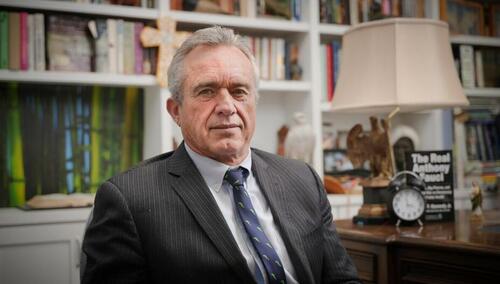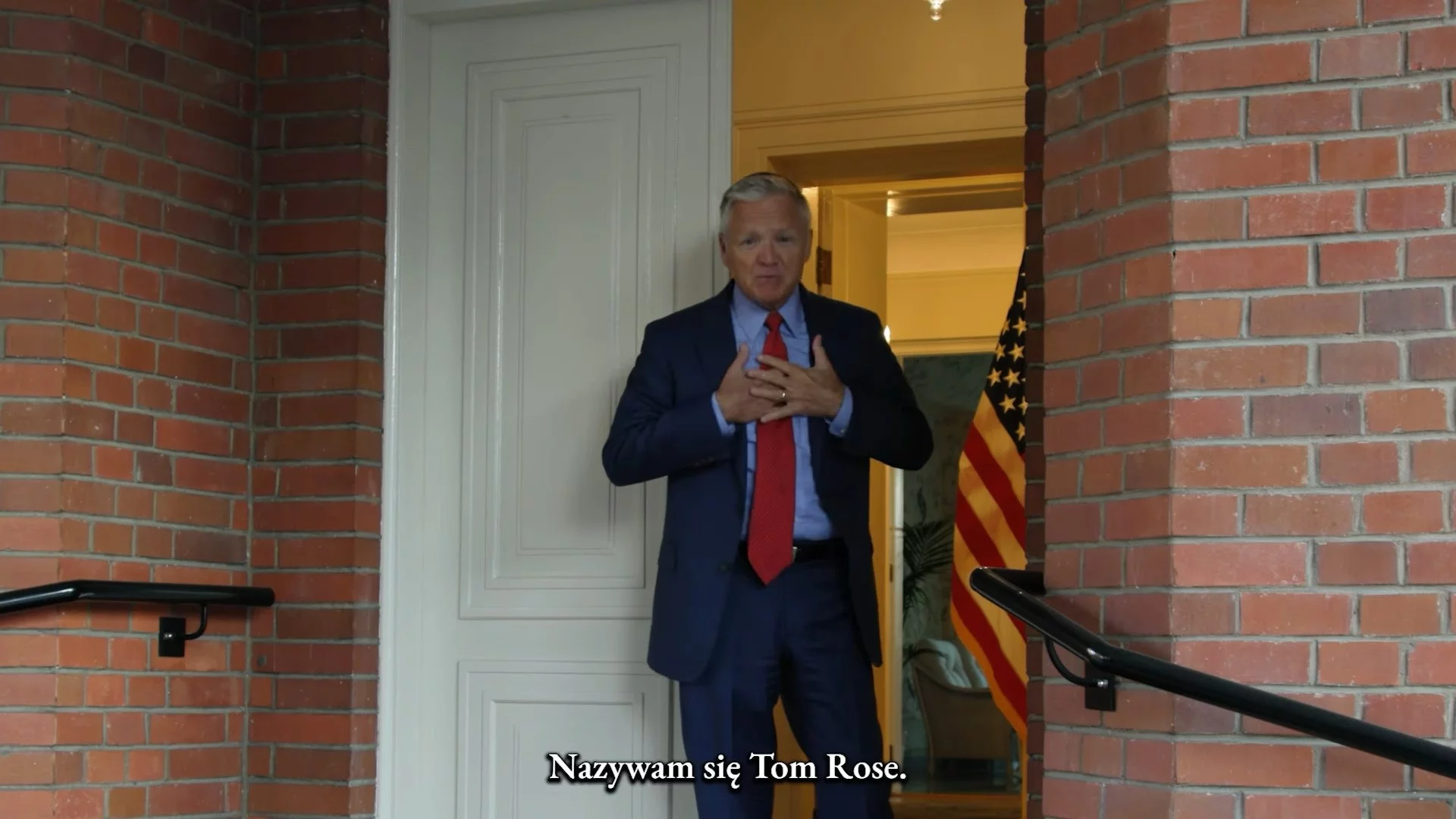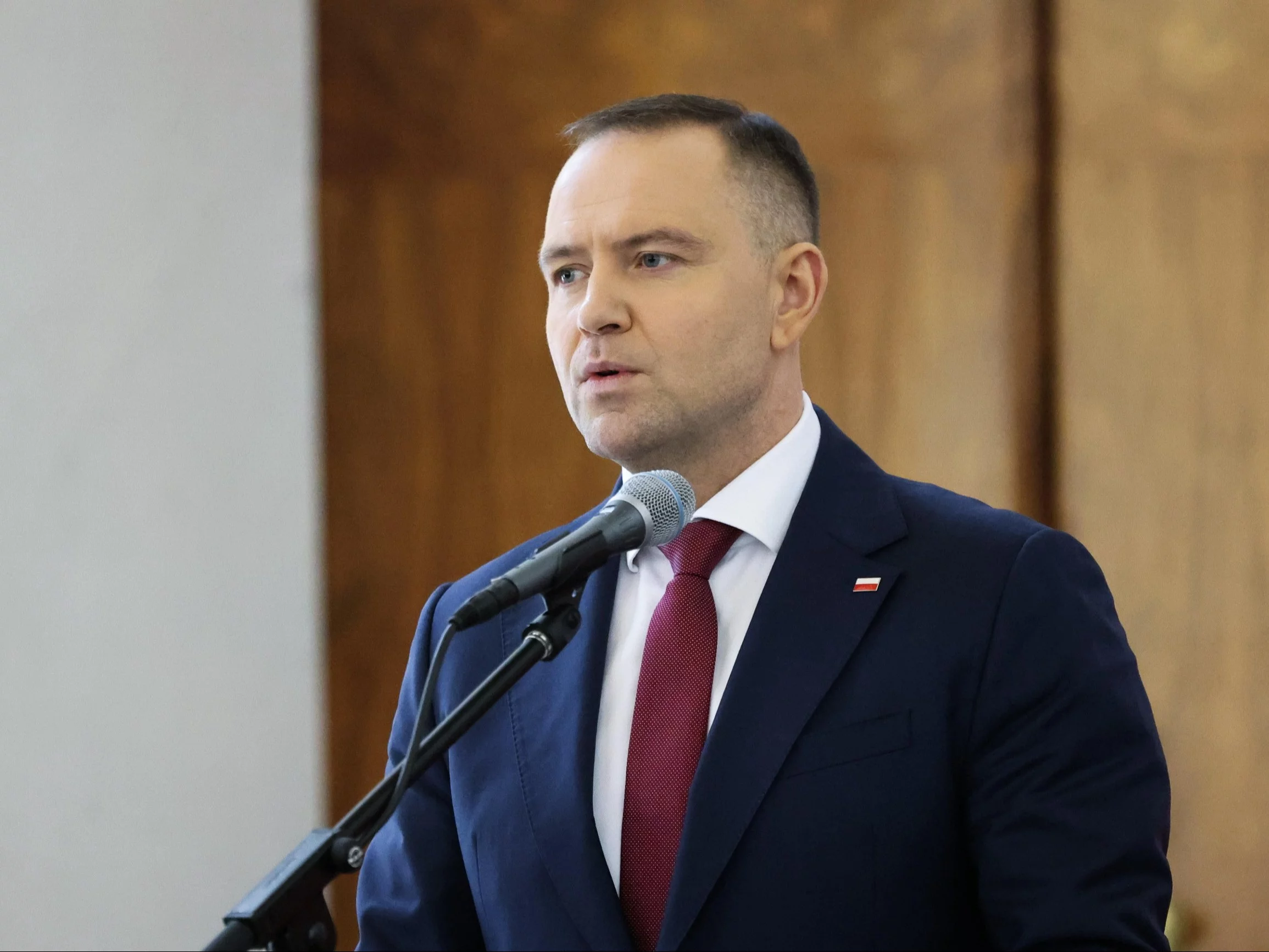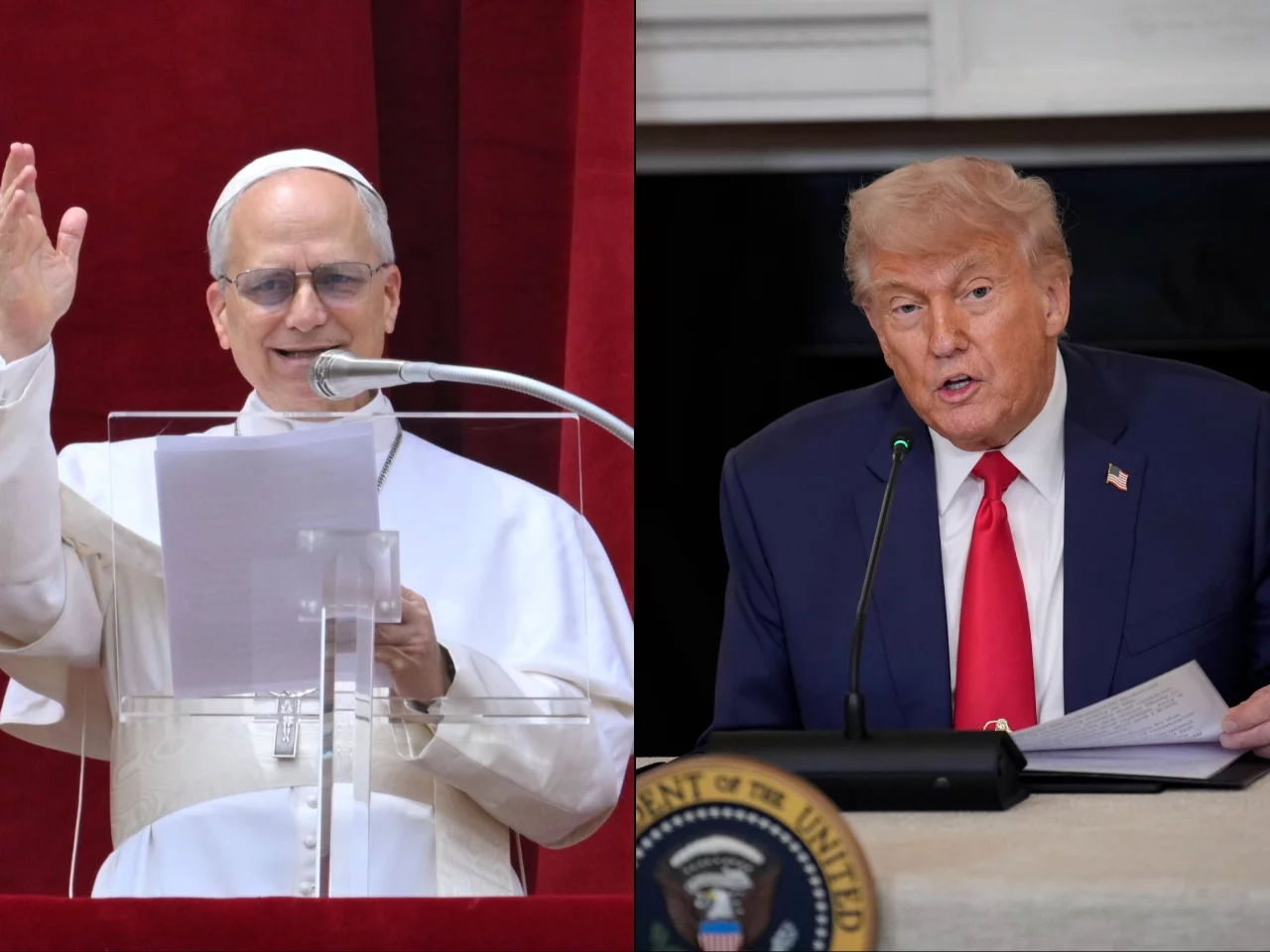
FDA Revokes Emergency Authorization For COVID-19 Vaccines
The Department of Health and Human Services under Health Secretary Robert F. Kennedy Jr. revoked emergency authorization for COVID-19 vaccines.

„The emergency use authorizations for Covid vaccines, once used to justify broad mandates on the general public during the Biden administration, are now rescinded,” Kennedy posted to X on Wednesday.
I promised 4 things:
1. to end covid vaccine mandates.
2. to keep vaccines available to people who want them, especially the vulnerable.
3. to demand placebo-controlled trials from companies.
4. to end the emergency.
In a series of FDA actions today we accomplished…
— Secretary Kennedy (@SecKennedy) August 27, 2025
The news comes as the FDA, which is part of HHS, announced the approval of the Pfizer-BioNTech COVID-19 vaccine for older adults and children as young as 5-years-old who have at least one condition that puts them at higher risk of severe COVID-19 outcomes, Pfizer said in a Wednesday statement.
Regulators have issued similar approvals for COVID-19 jabs from Novavax and Moderna.
HHS revoking emergency approval means that FDA clearance is no longer in place for some 240 million Americans, however „These vaccines are available for all patients who choose them after consulting with their doctors,” Kennedy sai.
As the Epoch Times notes further, per federal law, the FDA approves products it determines are “safe, pure, and potent.” Emergency authorizations, in contrast, can only be offered under certain circumstances, such as during a public health emergency, and are for products that officials believe “may be effective” in treating or preventing a life-threatening disease or condition.
Updated Approvals
Dr. Marty Makary, the FDA’s commissioner, and Dr. Vinay Prasad, its top vaccine official at the time, signaled the change in May, when they said that the FDA would stop approving COVID-19 vaccines for many Americans absent clinical trial data.
“The FDA can only approve products if it concludes, based on scientific evidence, that the benefit-to-harm balance is favorable. And we simply need more data to have that confidence for younger individuals at low-risk of severe disease,” Prasad said at the time.
In the United States, regulators in recent years have been authorizing updated COVID-19 vaccines annually in a bid to counter waning effectiveness and better match circulating variants. The model is based on the historical approach to influenza vaccines.
Regulators in 2024 cleared updated shots from Moderna, Pfizer, and Novavax without human data, citing animal tests and data from trials for previous versions.
Most Americans have not taken one of those COVID-19 vaccines. Just 13 percent of children and 23 percent of adults had received one of them as of April 26, according to the latest statistics available from the CDC.
Makary and Prasad also said they would continue approving updated versions of the COVID-19 vaccines for all individuals 65 and older, as well as younger people with one or more of the risk factors that increase the likelihood of severe COVID-19 outcomes. These approvals would be based solely on immunobridging data, or testing that shows vaccines trigger an antibody response against the disease.
Around that time, the FDA approved Novavax’s vaccine, previously under emergency use authorization, for people 65 and older, and for individuals ages 12 to 64 with at least one risk factor. More recently, the agency approved a new Moderna vaccine for the same populations, and Moderna’s existing vaccine for the elderly and for individuals aged 6 months to 64 years who have at least one risk factor.
The new approval of Pfizer’s vaccine is for the elderly and people aged 5 to 64 who have one or more risk factors, Pfizer said.
That means Moderna’s vaccine is the only one available for infants and toddlers, as had been expected.
Also recently, the CDC stopped recommending COVID-19 vaccination for healthy children and pregnant women while keeping in place recommendations to receive a shot for all other individuals.
The American Academy of Pediatrics recently recommended that all children aged 6 months to 23 months receive a COVID-19 vaccine, while the American College of Obstetricians and Gynecologists advised all pregnant women to get one.
Regulators cited the public health emergency over COVID-19 in their most recent emergency authorizations for the COVID-19 vaccines in 2024. Then-Health Secretary Xavier Becerra on Jan. 1 extended the COVID-19 health emergency to Dec. 31, 2029.
Kennedy said on Wednesday that he promised to end COVID-19 vaccine mandates, to keep vaccines available to people who want them, to require placebo-controlled trials, and to “end the emergency.” The FDA actions “accomplished all four goals,” he said.
This is a developing story that will be updated.
Tyler Durden
Wed, 08/27/2025 – 17:20

 3 miesięcy temu
3 miesięcy temu













